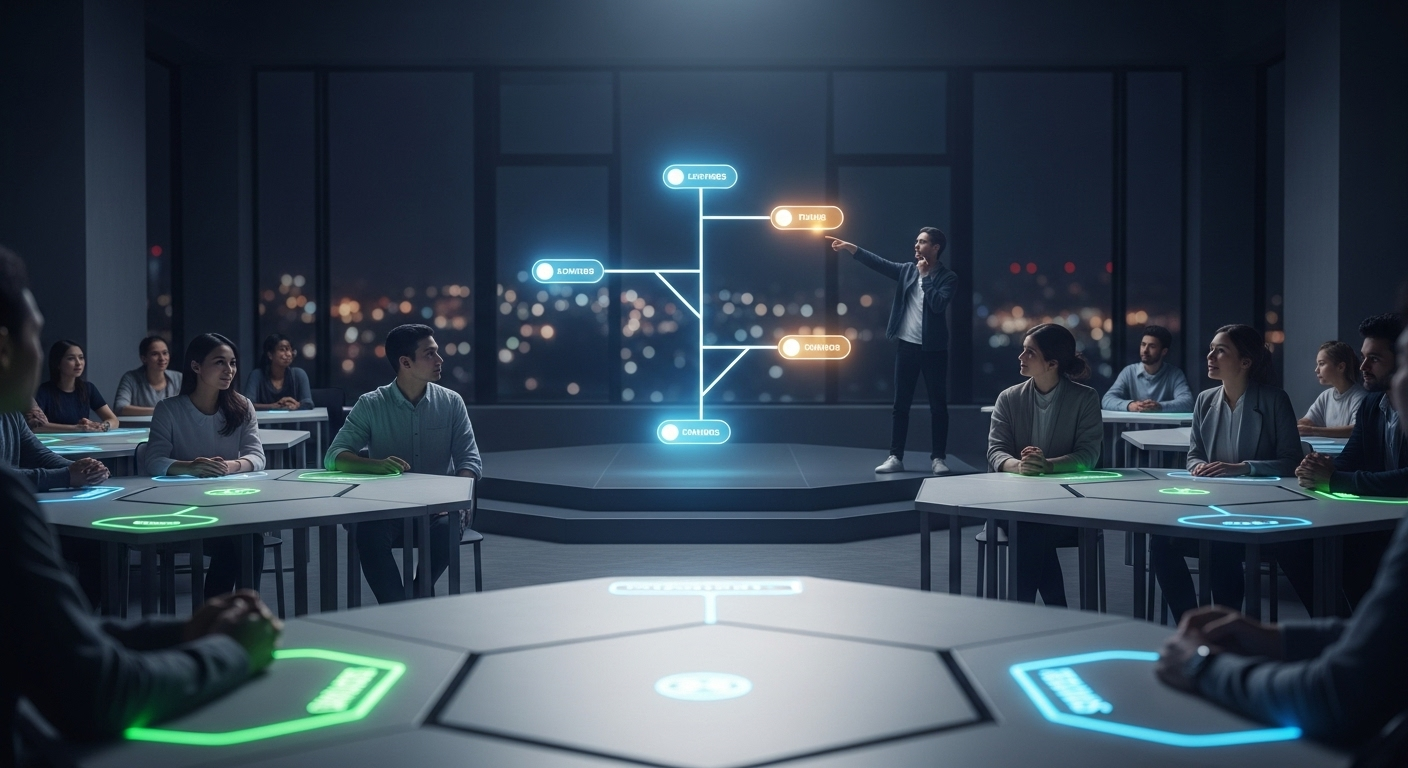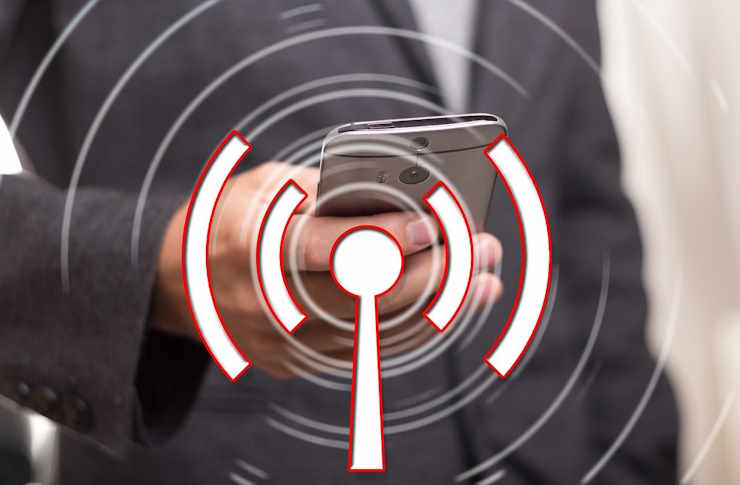Gamifying Career Development: Leveling Up Your Professional Journey
The intersection of gaming principles and career advancement is reshaping how professionals approach their development. This innovative strategy, known as gamification in career growth, is transforming traditional methods of skill acquisition, goal setting, and professional progression. By incorporating game-like elements into career planning and execution, individuals are finding new ways to stay motivated, track progress, and achieve milestones in their professional lives.

The concept isn’t entirely new, but its application to career development has gained significant traction in recent years. As the job market becomes increasingly competitive and dynamic, professionals are seeking innovative ways to stay engaged with their career growth. Gamification offers a structured yet flexible framework that can adapt to various industries and career paths, making it a versatile tool for modern professionals.
The Psychology Behind Career Gamification
At its core, gamification in career development leverages several psychological principles that drive human behavior. The dopamine release associated with achieving goals, no matter how small, creates a positive feedback loop that encourages continued effort and engagement. This neurochemical reward system is the same one that makes video games so addictive and compelling.
Furthermore, the concept of flow, a state of focused immersion in a task, is central to both gaming and career development. By structuring career advancement like a game, professionals can more easily enter this state of flow when working on their career goals. This leads to increased productivity, creativity, and job satisfaction.
The sense of progress and achievement that games provide is also crucial. In a career context, this translates to clear indicators of advancement, whether through skill badges, level-ups in expertise, or unlocking new career opportunities. This visible progression helps maintain motivation over the long term, especially when facing challenges or setbacks.
Implementing Gamification in Your Career Strategy
To effectively gamify your career development, start by defining your overall career objectives. These become your game’s ultimate goals or final boss battles. Break these down into smaller, achievable milestones or quests. For example, if your goal is to become a project manager, quests might include obtaining a relevant certification, leading a small team project, or mastering a project management software.
Create a points system or experience (XP) tracker for your professional activities. Assign point values to different tasks and achievements based on their difficulty and importance. This could include completing training courses, networking events attended, or successful project deliveries. As you accumulate points, you level up in your career game.
Incorporate challenges and boss battles into your strategy. These could be significant projects, critical presentations, or job interviews. Treat them as opportunities to test your skills and gain substantial XP. Overcoming these challenges can unlock new career paths or opportunities, much like defeating a boss opens up new areas in a game.
Leveraging Technology for Career Gamification
Various digital tools and platforms can support your gamified career development strategy. Career development apps that incorporate gamification elements can help track progress, set reminders for tasks, and provide visual representations of your career journey. Some HR platforms are also integrating gamification features, allowing employees to track their skill development and achievements within their organization.
LinkedIn, while not explicitly designed as a game, can be approached with a gamification mindset. Treat profile completion, skill endorsements, and connection milestones as achievements to unlock. Publishing articles or participating in discussions can be viewed as quests that increase your influence and visibility score.
For those in tech or creative fields, platforms like GitHub or Behance can serve as your career game’s leaderboard. Contributions, stars, or appreciations become your score, driving you to continually improve and showcase your work.
Balancing Fun and Professionalism
While gamification can make career development more engaging and enjoyable, it’s crucial to maintain a balance between the playful aspects of this approach and the seriousness of professional growth. The goal is to use gamification as a tool to enhance motivation and engagement, not to trivialize your career or professional relationships.
Remember that while you may be viewing your career through a gamified lens, your colleagues and superiors may not share this perspective. Ensure that your external communications and interactions remain professional and aligned with your industry’s expectations.
Additionally, be cautious about becoming overly focused on the gamification elements at the expense of genuine skill development and relationship building. The points, levels, and achievements should serve as motivators and trackers, not as ends in themselves.
The Future of Gamified Career Development
As technology continues to advance, we can expect to see more sophisticated and integrated gamification systems in career development. Virtual reality (VR) and augmented reality (AR) technologies may offer immersive career simulation experiences, allowing professionals to practice and level up their skills in realistic, low-stakes environments.
Artificial intelligence could personalize career gamification strategies, adapting challenges and rewards based on individual learning styles, career goals, and industry trends. This could lead to highly tailored career development paths that optimize personal growth and job market relevance.
Moreover, as organizations recognize the benefits of gamification in employee engagement and development, we may see more structured, company-wide gamification systems. These could tie into performance reviews, skill development programs, and even compensation structures, creating a more dynamic and motivating work environment.
In conclusion, gamifying career development offers a fresh, engaging approach to professional growth in an increasingly complex job market. By tapping into the psychological rewards of gaming, professionals can maintain motivation, track progress more effectively, and potentially accelerate their career advancement. As with any strategy, the key lies in thoughtful implementation and balance. When applied judiciously, career gamification can transform the often daunting journey of professional development into an exciting, rewarding quest for success.






